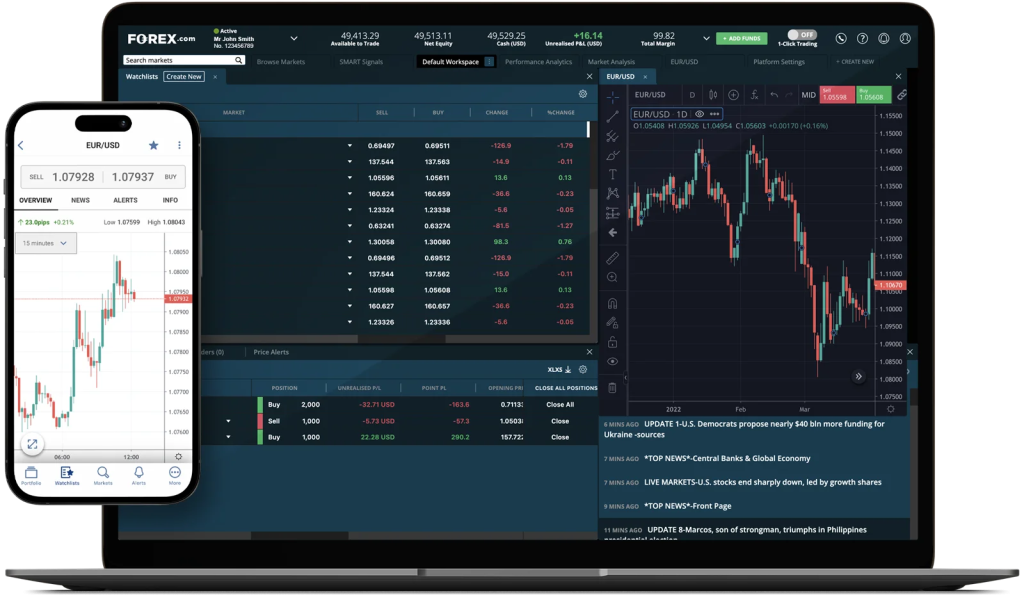Forex trading, also referred to as foreign change trading or currency trading, could be the international marketplace for buying and selling currencies. It operates twenty four hours a day, five days per week, letting traders to participate in the market from anywhere in the world. The primary purpose of forex trading would be to benefit from changes in currency trade charges by speculating on whether a currency pair will increase or fall in value. Players in the forex industry contain banks, financial institutions, corporations, governments, and personal traders.
Among the important features of forex trading is its high liquidity, meaning that large sizes of currency can be purchased and offered without significantly affecting exchange rates. That liquidity guarantees that traders can enter and leave jobs rapidly, permitting them to take advantage of even little price movements. Furthermore, the forex market is highly available, with low barriers to entry, enabling people to start trading with relatively small levels of capital.
Forex trading supplies a wide range of currency pairs to trade, including significant sets such as EUR/USD, GBP/USD, and USD/JPY, as well as slight and unique pairs. Each currency pair shows the trade rate between two currencies, with the very first currency in the couple being the beds base currency and the next currency being the estimate currency. Traders may profit from both rising and slipping markets by getting extended (buy) or short (sell) roles on currency pairs.
Effective forex trading takes a strong understanding of elementary and specialized analysis. Fundamental analysis involves analyzing economic indications, such as for example interest costs, inflation costs, and GDP development, to measure the main strength of a country’s economy and their currency. Specialized examination, on another give, involves analyzing value maps and patterns to spot styles and potential trading opportunities.
Chance administration can also be important in forex trading to protect against potential losses. Traders often use stop-loss orders to restrict their disadvantage risk and utilize proper place size to make sure that not one business can significantly influence their overall trading capital. Furthermore, maintaining a disciplined trading method and preventing thoughts such as for instance greed and concern are critical for long-term achievement in forex trading.
With the improvement of technology, forex trading has be available than ever before. On line trading tools and portable applications give traders with real-time use of the forex industry, letting them accomplish trades, analyze industry knowledge, and control their portfolios from any device. More over, the availability of educational forex robot methods, including courses, webinars, and demo accounts, empowers traders to produce their skills and boost their trading efficiency over time.

While forex trading offers substantial gain potential, additionally it provides inherent risks, like the prospect of considerable losses. Therefore, it is essential for traders to perform thorough study, create a sound trading technique, and continually monitor industry situations to produce educated trading decisions. By staying with disciplined risk administration practices and remaining educated about worldwide economic developments, traders can improve their chances of achievement in the dynamic and ever-evolving forex market.
